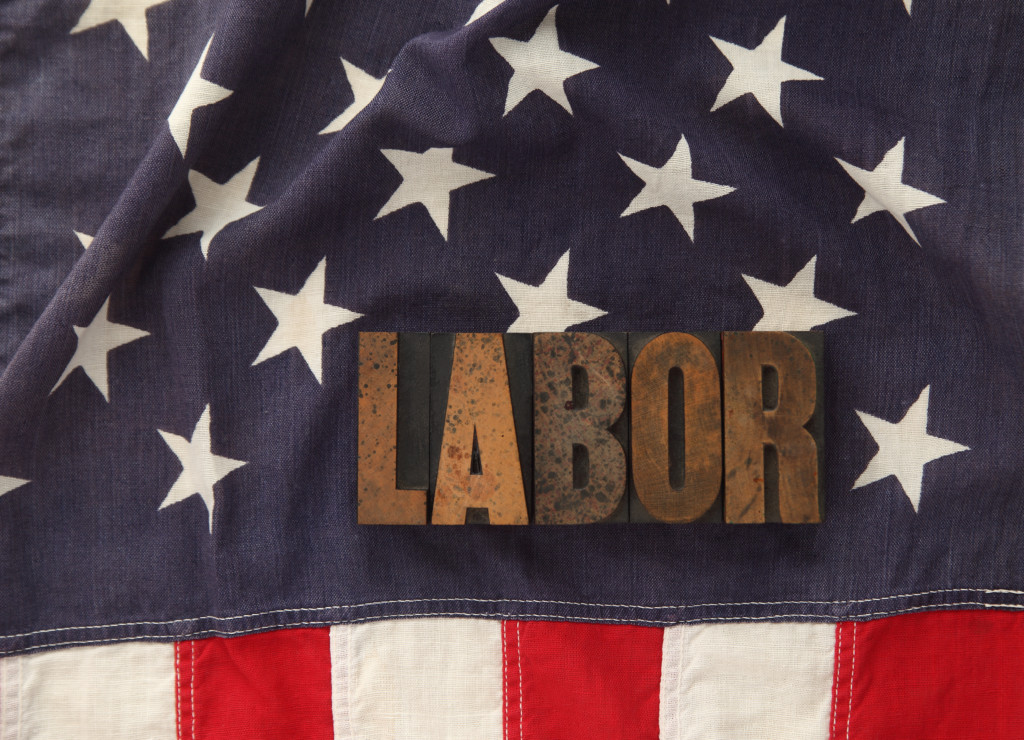
Editor’s note: On this Labor Day, we reach into the redefinED archives to reprise a post authored by Step Up For Students’ director of policy and public affairs, Ron Matus. This post, which originally appeared in April 2016, ran as part of our occasional series on the center-left roots of school choice and links labor leader Cesar Chavez to the school choice movement.
More than 30 years ago, liberal activists working to get a revolutionary plan for school vouchers on the California ballot approached labor leader Cesar Chavez, according to one of those activists, Berkeley law professor Jack Coons.
The co-founder of the United Farm Workers (Si Se Puede!) told Coons he liked school choice, but as far as supporting it publicly, No se puede. Doing so would put the teacher union’s generous financial support for his union at risk, he said.
Other evidence suggests Chavez wasn’t just politely telling a fellow traveler no. More on that in a sec. In the meantime, it’s worth noting the Chavez anecdote isn’t the only example of labor unions occasionally backing school choice or, in a few cases, outright distancing themselves from their teacher union brethren.
Consider:
- In the 1990s, Pennsylvania Teamsters went whole hog for a voucher proposal from Republican Gov. Tom Ridge, even sending busloads of members to pro-school-choice rallies. Union leaders wanted vouchers because “first, it would help all Pennsylvania school children to a better education, and second, our members want it,” said a 1995 Teamsters newsletter. It continued, “Working-class parents who want to send their children to parochial or any other private school now face a double hit – tuition costs and high property taxes. Our members should have the option of using some of their state tax money to have their children education at the school of their choice.”
- In 2011, two other, albeit smaller Pennsylvania unions backed another choice proposal, this one to create vouchers and expand that state’s tax credit scholarship program. The bill was co-sponsored by state Sen. Anthony Williams, a pro-school-choice Democrat. School choice scholarships “will rescue thousands of kids currently trapped in failing schools. This is not a partisan issue,” one union leader said. The bill “provides school choice to lower income families in a fiscally responsible way, without hurting public schools … ,” said another.
- This year, for the third year in a row, Democratic New York Gov. Andrew Cuomo is backing an education tax credits plan that has significant labor support and came agonizingly close to passing, in a true-blue state, in 2014 and 2015. At least 30 unions have signed on and been vocal, including those representing police, firefighters, plumbers and sanitation workers.
To be sure, I’m not suggesting union alliances against choice are about to crumble, and I can’t pretend to know if extenuating circumstances led these unions to make a break. But I think it is fair to say these examples shed more light on the myth that only conservatives and libertarians see the value of having more educational options for kids. The Netherlands, a union-friendly nation, and a pretty liberal one at that, embraced one of the planet’s most complete systems of school choice a long time ago.
I also think it’s fair to suggest from these examples that teacher unions, like the NAACP, risk becoming increasingly isolated from traditional allies because of head-scratching positions that leave those allies on the outs with their kids.
In our back yard, more than 800 parents of students using tax credit scholarships in Florida work for public school districts, according to data from Step Up For Students.* Some of those parents are public school teachers. Some, in fact, are teacher union members. But because of the income eligibility requirements, I’d guess the majority are custodians, bus drivers and other blue-collar workers – workers represented by the likes of AFSCME and the SEIU.
If the Florida teacher union succeeds in its lawsuit to kill the scholarship program, some of its members may rejoice. But tens of thousands of parents, including hundreds in other labor unions, will be heartbroken. I can’t imagine how that would be good for solidarity.
Back to Cesar Chavez.
In the early 1970s, farm workers in Blythe, Calif. started their own on-a-shoestring private school because they were fed up with conditions in public schools. Parents met at the local United Farm Workers hall to get the ball rolling, as longtime choice advocate Alan Bonsteel notes in the 1997 book he co-authored, “A Choice for Our Children.” The father of the woman who would become the school’s director, Carmela Garnica, was a UFW organizer.
The Escuela de la Raza Unida became a community gem. Garnica, a Democrat, became a voucher proponent. Chavez became a frequent visitor.
Si se puede? For vouchers?
It’s not as farfetched as people think.


